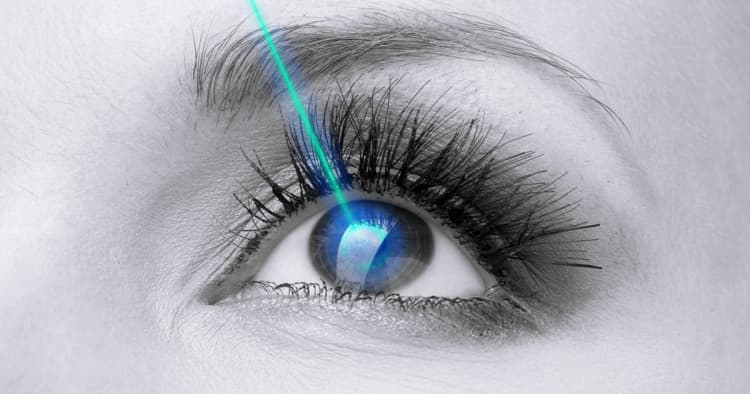Hi Angeline
Presbyopia refers to the loss of autofocusing capability of the eye. This happens because the natural crystalline lens of the eye becomes larger and stiffer with age, and there is no way currently to reverse the process.
LASIK also does not restore the flexibility of the lens, and therefore does not reverse presbyopia.
When you are presbyopic, your eye focuses mainly for one distance without glasses:
Either far, or near, but not both.
An eye with 'zero' spectacle power would see far clearly without glasses, but not near.
An eye with some short-sighted/myopic spectacle power would see near clearly without glasses, but not far.
The most predictable way to reduce the need for glasses would therefore be 'monovision', whereby one eye sees well in the distance, and the other sees well for near, without glasses. This is a compromise and can take some time to get used to, but generally speaking, as long as the difference in spectacle power between eyes is not too great, many people find monovision to be a very useful situation to have.
So the most that LASIK can do to help your presbyopic situation is to give you monovision, ie to make one eye as near to zero spectacle power as possible, and to make the other eye slightly myopic so that it can see near without reading glasses. If this is a situation which you would like to have, then LASIK can be considered. Otherwise, it might be best to continue with your current situation and to wear glasses as the need arises, whether for far or for near, or both.




